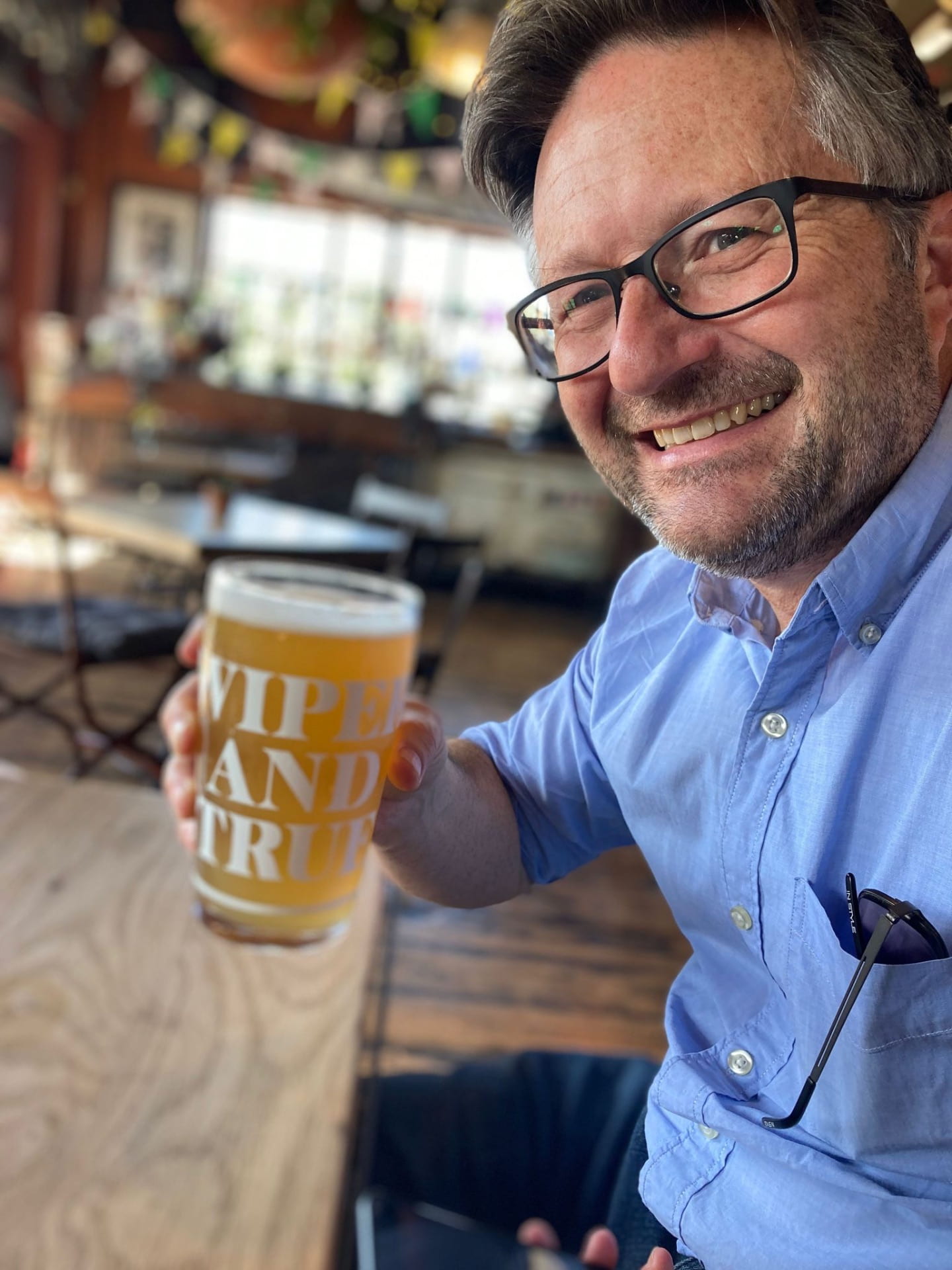
The Lane Lab is an open, welcome environment where diversity is celebrated – we welcome applications/enquiries from scientists of any gender, race, sexual orientation, religion or belief, and will strive to meet the specific needs of those with physical or sensory disabilities, or neurodiversity.
Professor Jon Lane
Jon joined the School of Biochemistry at Bristol in 2003, initially on a Wellcome Trust Career Development Fellowship to study membrane trafficking in apoptosis. He soon gained an interest in the molecular regulation of autophagy, and the Lane lab now focuses on the roles of autophagy in mammalian cell stress responses in health and disease. jon.lane@bristol.ac.uk
Current Lane Lab Members:
Dr Debbie Daniels
 Debbie has joined us on a joint MRC-funded project with Prof. Jan Frayne. Debbie will be studying the regulation and involvement of autophagy in beta thalassemia. debbie.daniels@bristol.ac.uk
Debbie has joined us on a joint MRC-funded project with Prof. Jan Frayne. Debbie will be studying the regulation and involvement of autophagy in beta thalassemia. debbie.daniels@bristol.ac.uk
Dr Joanna Moss
 Joanna has returned to the lab on a BBSRC funded project with Chrissy Hammond on LMX1B and zebrafish skeletal development and maintenance. Joanna will examine how the LMX1B-autophagy axis that we recently identified influences bone/joint physiology in vivo. joanna.moss@bristol.ac.uk
Joanna has returned to the lab on a BBSRC funded project with Chrissy Hammond on LMX1B and zebrafish skeletal development and maintenance. Joanna will examine how the LMX1B-autophagy axis that we recently identified influences bone/joint physiology in vivo. joanna.moss@bristol.ac.uk
Dr Madhu Kollareddy
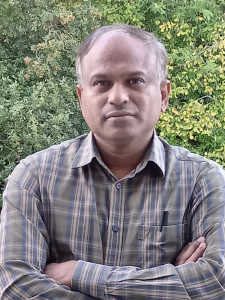 Madhu is continuing in the lab, this time working on a Parkinson’s UK project to explore the roles and regulation of the integrated stress response (ISR) in human midbrain iPSC-derived dopamine neurons. madhu.kollareddy@bristol.ac.uk
Madhu is continuing in the lab, this time working on a Parkinson’s UK project to explore the roles and regulation of the integrated stress response (ISR) in human midbrain iPSC-derived dopamine neurons. madhu.kollareddy@bristol.ac.uk
Avi Nair
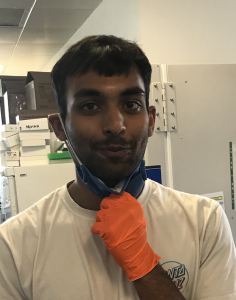 Avi is a Bristol Biochemistry graduate who has joined the lab to study the role of autophagy during astrocyte/neuronal conversion and Parkinson’s-related neuroinflammation. Avi’s research uses iPSC-derived ventral midbrain astrocytes. an17643@bristol.ac.uk
Avi is a Bristol Biochemistry graduate who has joined the lab to study the role of autophagy during astrocyte/neuronal conversion and Parkinson’s-related neuroinflammation. Avi’s research uses iPSC-derived ventral midbrain astrocytes. an17643@bristol.ac.uk
Shiza Shaikh
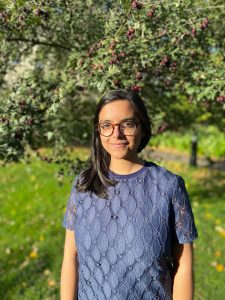 Shiza has joined the lab for a Parkinson’s UK funded PhD on the role of autophagy in the control of Parkinson’s-associated inflammation. She will be working in the Lane lab and with Dr Lucy Crompton at UWE, and will be using iPSCs to generate midbrain dopamine neurons, midbrain astrocytes and microglia for mechanistic co-culture studies. Shiza obtained her first degree at the University of Toronto. shiva.shaikh@bristol.ac.uk
Shiza has joined the lab for a Parkinson’s UK funded PhD on the role of autophagy in the control of Parkinson’s-associated inflammation. She will be working in the Lane lab and with Dr Lucy Crompton at UWE, and will be using iPSCs to generate midbrain dopamine neurons, midbrain astrocytes and microglia for mechanistic co-culture studies. Shiza obtained her first degree at the University of Toronto. shiva.shaikh@bristol.ac.uk
David Alliband
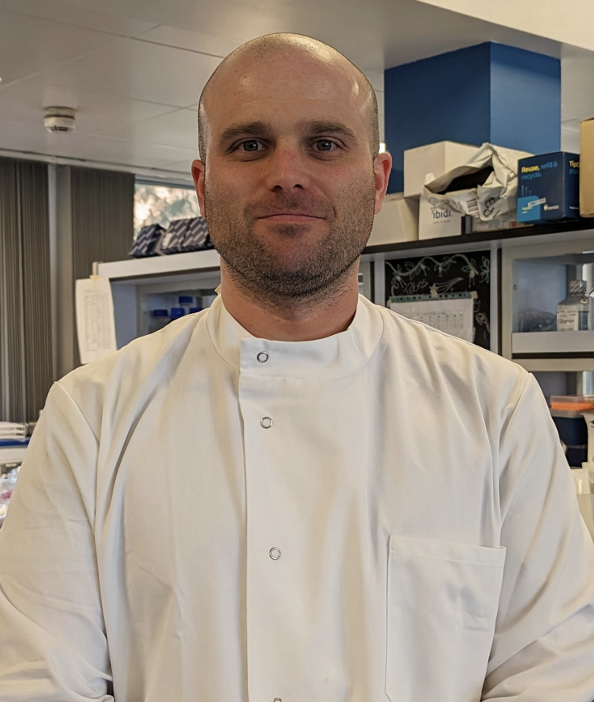
David has joined the lab on an SWBio studentship, and is studying autophagy and neuroinflammatory signaling. This is a joint project between the Lane lab and the Crompton lab (UWE), and having completed his first rotation with Lucy, David joins the Lane lab on a rotation looking at autophagosome contents in quiescent and activated astrocytes. david.alliband.2022@bristol.ac.uk
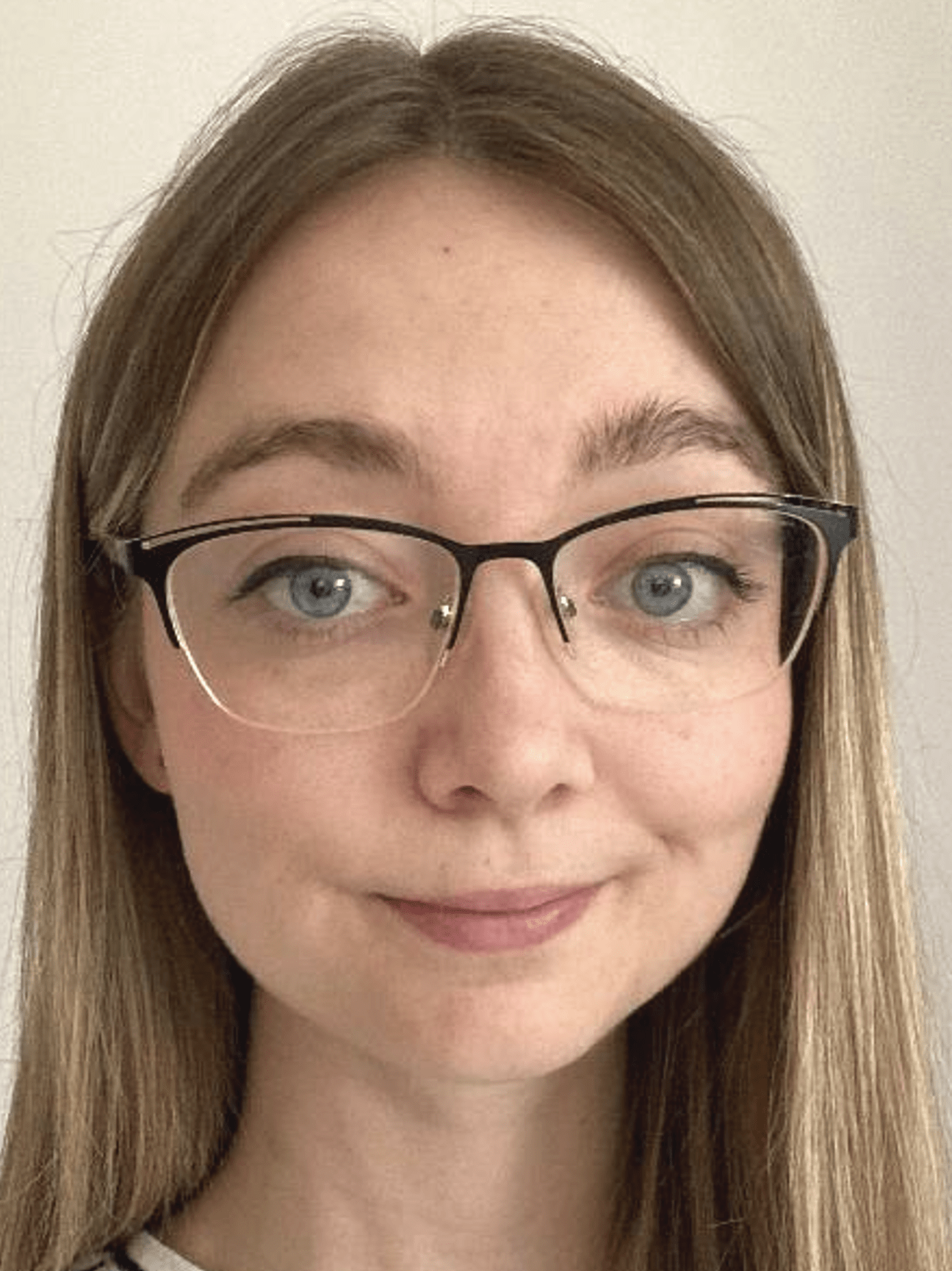 Becky Sipthorpe
Becky Sipthorpe
Becky has started her PhD on on the Wellcome Trust Dynamic Molecular Cell Biology programme. She will be working on the mitochondrial integrated stress response and its engagement with autophagy. rebecca.sipthorpe@bristol.ac.uk
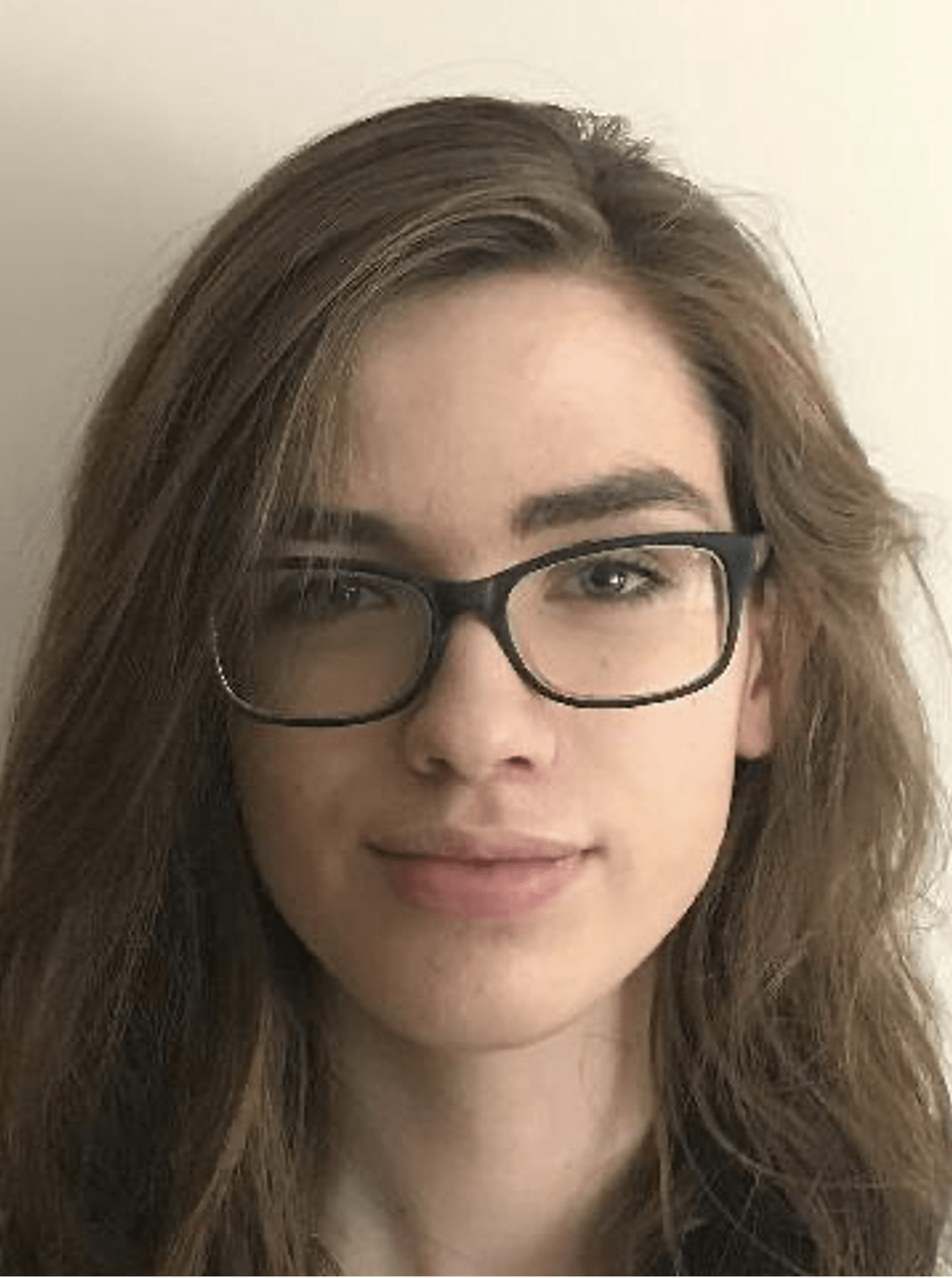
Lana Willoughby
Lana is doing a PhD on the role of autophagy in the regulation of neuronal fate using iPSC-derived neuronal progenitor cells. She is focusing on the REST transcriptional repressor complex and is funded by the BRACE dementia research charity. sm19479@bristol.ac.uk
Neve Prowting
 Neve is doing a PhD on the Wellcome Trust 4-year Dynamic Molecular Cell programme. She will be studying how autophagy and mitophagy contribute to cell death responses during mammary gland involution on a joint project with Bethan Lloyd Lewis in CMM. vg21368@bristol.ac.uk
Neve is doing a PhD on the Wellcome Trust 4-year Dynamic Molecular Cell programme. She will be studying how autophagy and mitophagy contribute to cell death responses during mammary gland involution on a joint project with Bethan Lloyd Lewis in CMM. vg21368@bristol.ac.uk
 Yiming Zhang
Yiming Zhang
Yiming is a PhD student co-supervised with Dr Denize Atan and Dr Liang-Fong Wong. Yiming is studying a transcriptional repressor important for retinal development. yiming.zhang@bristol.ac.uk
Previous Lane Lab Members :

Sarah Bristow – Sarah has joined the lab for her first rotation on the Wellcome Trust Dynamic Cell Biology PhD programme. She will be studying STING pathway activation in human neuronal models. Sarah.bristow@bristol.ac.uk
 Rhiannon Hughes – Rhiannon has joined the lab for her first rotation on the Wellcome Trust Dynamic Cell Biology PhD programme. She will be studying non-canonical autophagy and lysosomal repair pathways in human neuronal models. iy19899@bristol.ac.uk
Rhiannon Hughes – Rhiannon has joined the lab for her first rotation on the Wellcome Trust Dynamic Cell Biology PhD programme. She will be studying non-canonical autophagy and lysosomal repair pathways in human neuronal models. iy19899@bristol.ac.uk
 Holly Goodbourn – Holly has joined the lab for her MSci Extended Research Project. She will be studying how REST suppression/overexpression shapes neuronal resilience using human models. vs21717@bristol.ac.uk
Holly Goodbourn – Holly has joined the lab for her MSci Extended Research Project. She will be studying how REST suppression/overexpression shapes neuronal resilience using human models. vs21717@bristol.ac.uk
 Cecily Manser – Cecily has joined the lab for her MSci Extended Research Project. She will be studying the OMA1-regulated mitochondrial integrated stress response pathway. pl21757@bristol.ac.uk
Cecily Manser – Cecily has joined the lab for her MSci Extended Research Project. She will be studying the OMA1-regulated mitochondrial integrated stress response pathway. pl21757@bristol.ac.uk
Beth Wiseman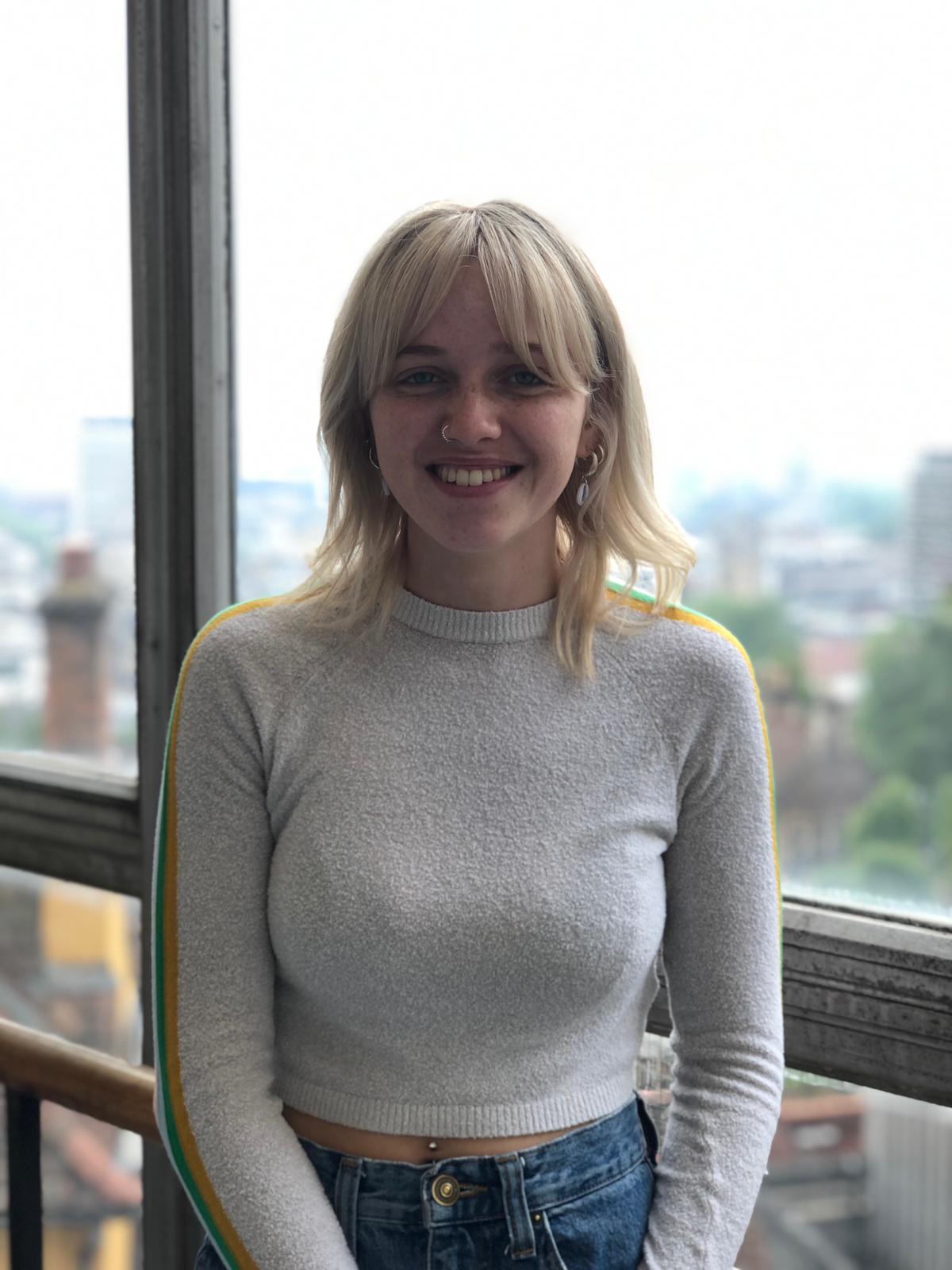
Beth studied LC3-associated phagocytosis (LAP) in midbrain neuroinflammatory signaling on her first rotation on the Wellcome Trust Dynamic Molecular Cell Biology PhD Programme. She is now doing her PhD with Kev Wilkinson.. ff22250@bristol.ac.uk
Anna Kennedy
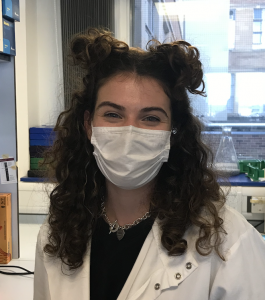 Anna carried out her extended research project as a Biochemistry MSci student. She tested the requirements for ESCRT recruitment during autophagosome closure. ce18013@bristol.ac.uk
Anna carried out her extended research project as a Biochemistry MSci student. She tested the requirements for ESCRT recruitment during autophagosome closure. ce18013@bristol.ac.uk
Dr Tom Trainer
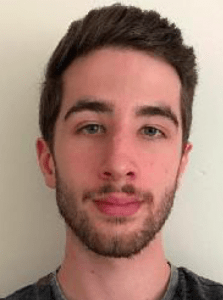 Tom joined the lab as an MRes student studying autophagy and Parkinson’s neuroinflammatory signalling in astrocytes. Tom studied for a BSc in Reading where he used C. elegans to identify novel lysosomal Parkinson’s genes. Tom is studying for a PhD at the Prion Centre/UCL. t.trainer@bristol.ac.uk
Tom joined the lab as an MRes student studying autophagy and Parkinson’s neuroinflammatory signalling in astrocytes. Tom studied for a BSc in Reading where he used C. elegans to identify novel lysosomal Parkinson’s genes. Tom is studying for a PhD at the Prion Centre/UCL. t.trainer@bristol.ac.uk
Dr Lucy Crompton

Lucy was a Parkinson’s UK funded Postdoc studying neuroinflammatory signaling between glia and dopaminergic neurons in Parkinson’s. She has recently taken up a Senior Lectureship position at UWE, and will continue to collaborate closely with the Lane lab. Lucy.Crompton@uwe.ac.uk
 Eleanor Attridge
Eleanor Attridge
Ellie did a summer project in the lab, funded by the School of Biochemistry. She helped establish cell-lines stably expressing epitope-tagged ATG8 for proteomics. Ellie is doing her PhD in Sharon Tooze’s lab at the CRICK. eleanor.attridge.2018@bristol.ac.uk
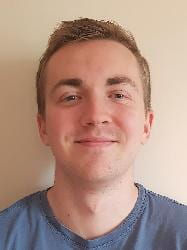 Chris Sharrock – Chris was a rotation student on the Wellcome Trust Dynamic Molecular Cell Biology PhD Programme. He studied astrocyte cell death and inflammatory signalling in Parkinson’s. di20975@bristol.ac.uk
Chris Sharrock – Chris was a rotation student on the Wellcome Trust Dynamic Molecular Cell Biology PhD Programme. He studied astrocyte cell death and inflammatory signalling in Parkinson’s. di20975@bristol.ac.uk
Abby Weston – 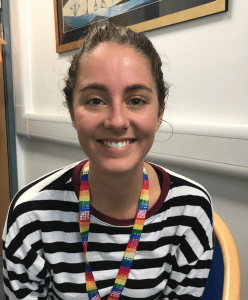 Abby was an MSc Research student studying ESCRT complex proteins during autophagosomal closure. She has now moved on to study for a PhD on the biochemistry of thirst at King’s. gf19552@bristol.ac.uk
Abby was an MSc Research student studying ESCRT complex proteins during autophagosomal closure. She has now moved on to study for a PhD on the biochemistry of thirst at King’s. gf19552@bristol.ac.uk
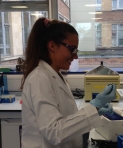
Dr Natalia Jimenez Moreno – Natalia was a PhD student on the Wellcome Trust Dynamic Cell Biology PhD Programme. She studied autophagy transcriptional control in Parkinson’s using iPSC-derived human dopamine neurones. Natalia has joined the Wilkinson lab in Edinburgh to study selective autophagy and ER quality control. nj15108@bristol.ac.uk
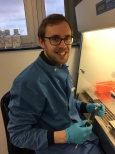
Dr Phil Regan – Phil was an Alzheimer’s Society funded Postdoc working on a short project with the Lane Lab, Maeve Caldwell, Seth Love and Andy Randall, looking at astrocyte behaviour in APOE background using iPSC-derived cells. plr25@bath.ac.uk
Dr Beatriz Castejón –  Bea was a PhD student working in Mario Cordero’s lab in Seville on the role of autophagy in Tay-Sachs disease. She joined us for 6 months courtesy of the Company of Biologists and TransAutophagy travel Fellowships to make iPSCs for neuronal work. beacastej92@outlook.es
Bea was a PhD student working in Mario Cordero’s lab in Seville on the role of autophagy in Tay-Sachs disease. She joined us for 6 months courtesy of the Company of Biologists and TransAutophagy travel Fellowships to make iPSCs for neuronal work. beacastej92@outlook.es
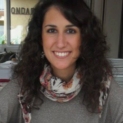 Dr Zuri Antón– Zuri worked on the MitoCRISPR project alongside Holly Ford in the Szczelkun lab. She is now working in industry back in the beautiful North of Spain. za16870@bristol.ac.uk
Dr Zuri Antón– Zuri worked on the MitoCRISPR project alongside Holly Ford in the Szczelkun lab. She is now working in industry back in the beautiful North of Spain. za16870@bristol.ac.uk
Fionnuala McMorrow – Finny was a Biochemistry MSci student working on LC3 mutations and autophagosome assembly.
mutations and autophagosome assembly.

Dr Tiah Oates – Tiah is a Wellcome Trust 4-yr PhD student who rotated in the Lane lab in the Autumn of 2018. Tiah studied lipid droplet formation and the autophagy pathway in iPSC-derived human midbrain astrocytes. She is doing her PhD with Ash Toye. yr18439@bristol.ac.uk

Dr Grace Mullally – Grace was BBSRC SWDTP PhD project with Mark Szczelkun. She studied genome editing in mitochondria in relation to human mitochondrial diseases. grace.mullally@bristol.ac.uk

Dr Kiren Baines – Kiren was a Wellcome Trust Dynamic Cell Biology PhD student. She used quantitative proteomics to characterise the molecular components of the early autophagosome assembly site. Kiren is a founder and CSO of the company, Extracellular kb13487@mybristol.ac.uk
Dr Petros Stathakos – Petros was an MRC-funded PhD student, jointly supervised by Maeve  Caldwell in Trinity College, Dublin. Petros used iPSC derived patient neurones to study mitochondrial quality control systems in Parkinson’s disease. Petros is back in Greece with all of the best philosophers.
Caldwell in Trinity College, Dublin. Petros used iPSC derived patient neurones to study mitochondrial quality control systems in Parkinson’s disease. Petros is back in Greece with all of the best philosophers.
Dr Matt Anderson – Matt did his PhD on the Complexity Science PhD programme, 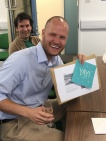 working with Robert Szalai in Engineering/Maths. He is now a Research Fellow at the Living Systems Institute at Exeter University. M.W.Anderson@exeter.ac.uk
working with Robert Szalai in Engineering/Maths. He is now a Research Fellow at the Living Systems Institute at Exeter University. M.W.Anderson@exeter.ac.uk

Dr Chris Parker – Chris joined the lab on the Wellcome Trust 4-Year Dynamic Cell Biology PhD programme. He developed tools to test how autophagy contributes to axon growth dynamics and targeting. cp16426@bristol.ac.uk
 Dr Els Mansell – Els was a PhD student on a joint Children with Cancer project with Patrick Case and Allison Blair. She started her project in October 2012 and studied how the human placenta contributes to damage signalling in models of childhood leukaemia. Els has recently started her own lab in Erasmus MC Hematology. elsmansell@gmail.com
Dr Els Mansell – Els was a PhD student on a joint Children with Cancer project with Patrick Case and Allison Blair. She started her project in October 2012 and studied how the human placenta contributes to damage signalling in models of childhood leukaemia. Els has recently started her own lab in Erasmus MC Hematology. elsmansell@gmail.com

Dr Richard Seager – Richard worked in the lab for a ~3 month rotation on the Wellcome Trust Dynamic Cell Biology programme. He explored how mediators of mitochondrial dynamics influence mitophagy capability. Richard did his PhD in Jeremy Henley’s lab. rs15570@bristol.ac.uk
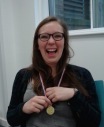
Dr Jenni Gurnett – Jenni joined the lab on a Research Masters. She screened for molecular motors regulating autophagosome assembly. Jenni completed her PhD in Leicester and is now a Postdoc in Oxford.
 Dr Virginie Betin – Virginie was the first Lane lab member, and worked with Jon for 11 years. Following a short joint project between Jon and Prof. Mark Szczelkun looking at mitochondrial DNA replication and quality control, Virginie is now working as a postdoc with Richard Coward in the Dorothy Hodgkin Building in Bristol. v.m.s.betin@bristol.ac.uk
Dr Virginie Betin – Virginie was the first Lane lab member, and worked with Jon for 11 years. Following a short joint project between Jon and Prof. Mark Szczelkun looking at mitochondrial DNA replication and quality control, Virginie is now working as a postdoc with Richard Coward in the Dorothy Hodgkin Building in Bristol. v.m.s.betin@bristol.ac.uk
 Dr Lilith Mannack – Lilith joined the lab in October 2010, as astudent on the MRC Quantitative Imaging of Cellular Dynamics PhD Programme. She explored the regulation of mammalian autophagosome assembly using quantitative cell imaging. Lilith is now working as a teacher.
Dr Lilith Mannack – Lilith joined the lab in October 2010, as astudent on the MRC Quantitative Imaging of Cellular Dynamics PhD Programme. She explored the regulation of mammalian autophagosome assembly using quantitative cell imaging. Lilith is now working as a teacher.
Dr Rob Lees – Rob rotated in the lab during the first year of his Wellcome Trust Dynamic Cell Biology PhD. He studied the influence of SigmaR1 on autophagic fl ux. Rob’s work included in a study published in the International Journal of Molecular Sciences. Rob carried out his PhD with Mike Ashby.
ux. Rob’s work included in a study published in the International Journal of Molecular Sciences. Rob carried out his PhD with Mike Ashby.
 Dr Tom MacVicar – Tom was a Wellcome Trust PhD student who worked on Parkin-mediated mitophagy and mitochondrial dynamics control. He went on to work as a Postdoc in Thomas Langer’s lab where he held an EMBO Fellowship, and is now starting his own lab in Glasgow as a CRUK Fellow at the Beatson.
Dr Tom MacVicar – Tom was a Wellcome Trust PhD student who worked on Parkin-mediated mitophagy and mitochondrial dynamics control. He went on to work as a Postdoc in Thomas Langer’s lab where he held an EMBO Fellowship, and is now starting his own lab in Glasgow as a CRUK Fellow at the Beatson.
 Catherine Eagle – Catherine joined the lab as a rotation student on the Wellcome Trust Dynamic Cell PhD programme. She investigated how mitochondrial dynamics and mitophagy regulate mitochondrial quality control in models of human mitochondrial disease.
Catherine Eagle – Catherine joined the lab as a rotation student on the Wellcome Trust Dynamic Cell PhD programme. She investigated how mitochondrial dynamics and mitophagy regulate mitochondrial quality control in models of human mitochondrial disease.
 Dr Heather Weir – Heather was a PhD student on a joint project with
Dr Heather Weir – Heather was a PhD student on a joint project with
Nina Balthasar, to investigate the role of the sirtuin, Sirt3, in mitochondrial stress and neurodegeneration. Heather’s a Postdoc in Will Mair’s lab in Boston before joining Astex Pharmaceuticals.
 Dr Jessica Campbell – Jess joined the lab on a 12-week roation project on the Wellcome Trust Dynamic Cell PhD Programme. She studied the roles of autophagy and GRASP proteins during non-canonical secretion. Jess did her PhD with Kate Nobes.
Dr Jessica Campbell – Jess joined the lab on a 12-week roation project on the Wellcome Trust Dynamic Cell PhD Programme. She studied the roles of autophagy and GRASP proteins during non-canonical secretion. Jess did her PhD with Kate Nobes.
 Dr Jade Cheng – Jade joined the lab in October 2007, as a BBSRC funded PhD student. She explored the relationships between Golgi structure/function and apoptotic susceptibility. Jade has now joined Ben Nichols’ lab as a PostDoc. Jade is now a patent attorney.
Dr Jade Cheng – Jade joined the lab in October 2007, as a BBSRC funded PhD student. She explored the relationships between Golgi structure/function and apoptotic susceptibility. Jade has now joined Ben Nichols’ lab as a PostDoc. Jade is now a patent attorney.
Dr Malgorzata Piechota – Gosia joined the lab for a few months to study autophagy. She is interested in the roles of autophagy in retinopathies. For her PhD she characterised a model of Autosomal Dominant Optic Atrophy in the labs of Dr Marcela Votruba and Prof. Michael Boulton in Cardiff.
 Dr Vijay Krishna Raghunathan – Vijay worked on a joint project with Dr Patrick Case looking at the genotoxic/cytotoxic impact of metal nanoparticles derived from surgical implants. Vijay has his own lab at the College of Optometry, Houston. vraghunathan@uh.edu
Dr Vijay Krishna Raghunathan – Vijay worked on a joint project with Dr Patrick Case looking at the genotoxic/cytotoxic impact of metal nanoparticles derived from surgical implants. Vijay has his own lab at the College of Optometry, Houston. vraghunathan@uh.edu

Dr Ian McGough – Ian joined the lab for 3 months as a Wellcome Trust PhD rotation student. He investigated the function of Atg4C in epithelial cells. Ian went off to do his PhD with Pete Cullen, and following Postdocs with J-P Vincent, is now a group leader at the Babraham.
Dr David Moss – David worked as a Postdoc in the lab until Autumn 2007 studying the regulation of microtubules in apoptotic cells. He now works at the NIMR, Mill Hill.

